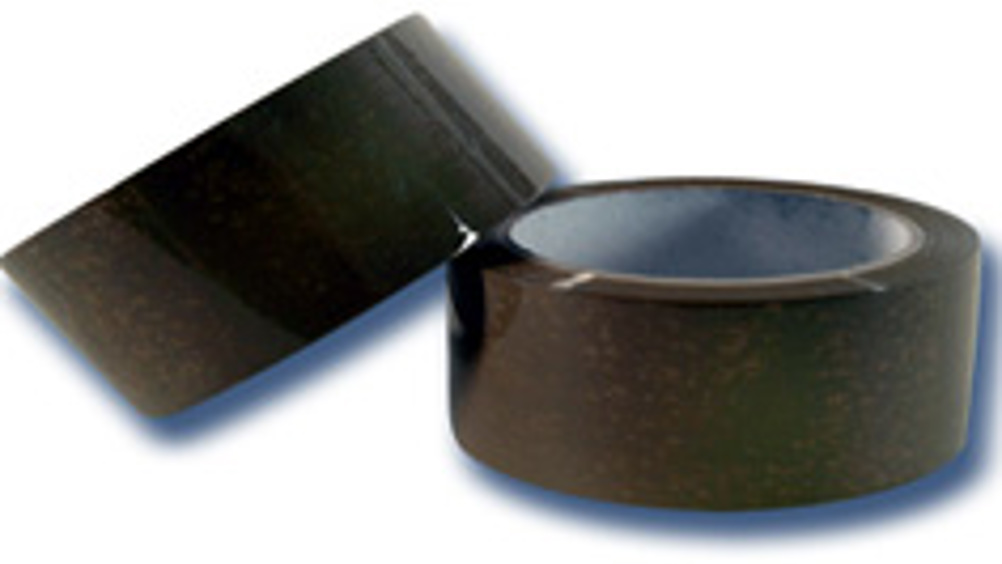OSU researchers stumble across new adhesive
An incidental discovery in a wood products lab at Oregon State University (OSU) has produced a new pressure-sensitive adhesive.

The researchers who developed it believe that it may revolutionise the tape industry since it is an environmentally benign product that works very well and costs less than existing adhesives based on petrochemicals.
The new adhesive can be produced from a range of vegetable oils and may find applications in duct tape, packaging tape, stick-on notes, labels, even postage stamps - almost any type of product requiring a pressure-sensitive adhesive.
The discovery was made essentially by accident while OSU scientists were looking for something that could be used in a wood-based composite product - an application that would require the adhesive to be solid at room temperature and melt at elevated temperatures. For that, the new product was a failure.
’We were working toward a hot-melt composite adhesive that was based on inexpensive and environmentally friendly vegetable oils. But what we were coming up with was no good for that purpose, it wouldn’t work,’ said Kaichang Li, a professor of wood science and engineering in the OSU College of Forestry.
Register now to continue reading
Thanks for visiting The Engineer. You’ve now reached your monthly limit of news stories. Register for free to unlock unlimited access to all of our news coverage, as well as premium content including opinion, in-depth features and special reports.
Benefits of registering
-
In-depth insights and coverage of key emerging trends
-
Unrestricted access to special reports throughout the year
-
Daily technology news delivered straight to your inbox










Water Sector Talent Exodus Could Cripple The Sector
Maybe if things are essential for the running of a country and we want to pay a fair price we should be running these utilities on a not for profit...